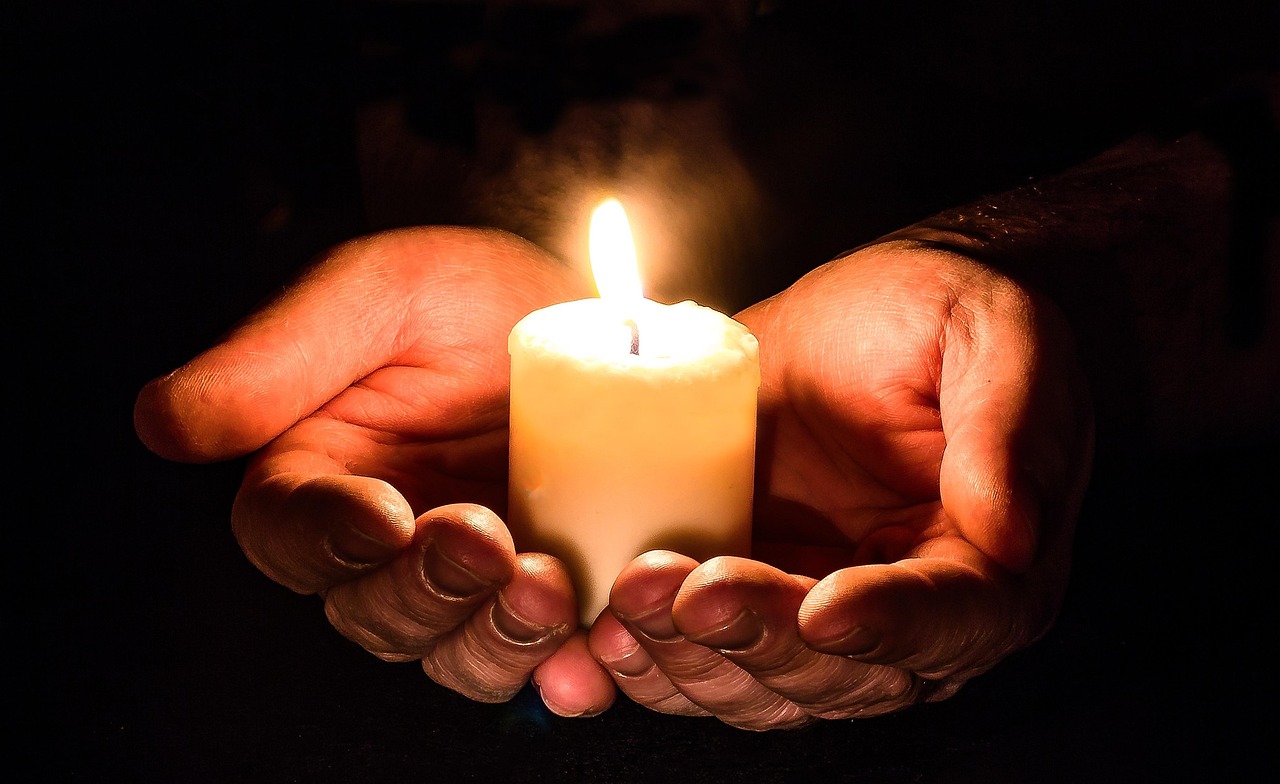Writing
Short writings on trauma, resilience, and finding your way back to yourself
-
Beyond Labels: Rethinking “Disorders” Through the Lens of Trauma
Collective Nervous System, Culture and Conditioning, Embodied Healing, Family & Relational Fields, Understanding YourselfOur culture often encourages us to identify ourselves by a diagnosis. Depression. ADHD. PTSD. Borderline. These words can bring a strange mixture of relief and burden. How we approach these labels can either deepen our suffering or gently open a doorway toward healing. The Harm of Over-Identification When we collapse our entire identity into a…
-
How Patriarchy Shaped Psychology and a Woman’s Sense of Self
Collective Nervous System, Culture and Conditioning, Embodied Healing, Family & Relational Fields, Understanding YourselfWhat if the problem isn’t you—but the distorted lens you’ve been taught to see yourself through?
-
Unseen and Misunderstood: Living with Hidden Autism as a Girl
Autism, Culture and Conditioning, Embodied Healing, Family & Relational Fields, Understanding YourselfFor many girls growing up with undiagnosed autism, life becomes a confusing labyrinth of mislabels, missed cues, and misunderstood pain. The struggle isn’t always in the traits themselves—but in the way the world reflects them back. When your neurodivergence is hidden, even from yourself, it can feel like the most intimate parts of your being…
-
Autism, ADHD, and the Hidden Layers of Trauma: A Progressive Science Lens
ADHD, Autism, Compassion & Boundaries, Culture and Conditioning, Embodied Healing, Epigenetics, Family & Relational Fields, Inflammation & the Body–Mind Connection, Neurodivergence & Healing, Trauma-Informed Science, Understanding YourselfFor many years, autism and ADHD have been described mainly through the language of deficits and disorders. But newer science — combined with the insights of trauma-informed practitioners — is painting a different picture. Instead of being “fixed brain problems,” these conditions may reflect how sensitive nervous systems adapt when shaped by layers of stress:…
-
Holding the World’s Pain Without Losing Yourself
When horrific suffering unfolds in the world — places like Gaza, Ukraine, or anywhere war, violence, or oppression devastate lives — sensitive people often feel it intensely. Our nervous systems register these realities not only as news, but as lived resonance: the cries of others echo inside us. This can feel overwhelming, even unbearable. We…






